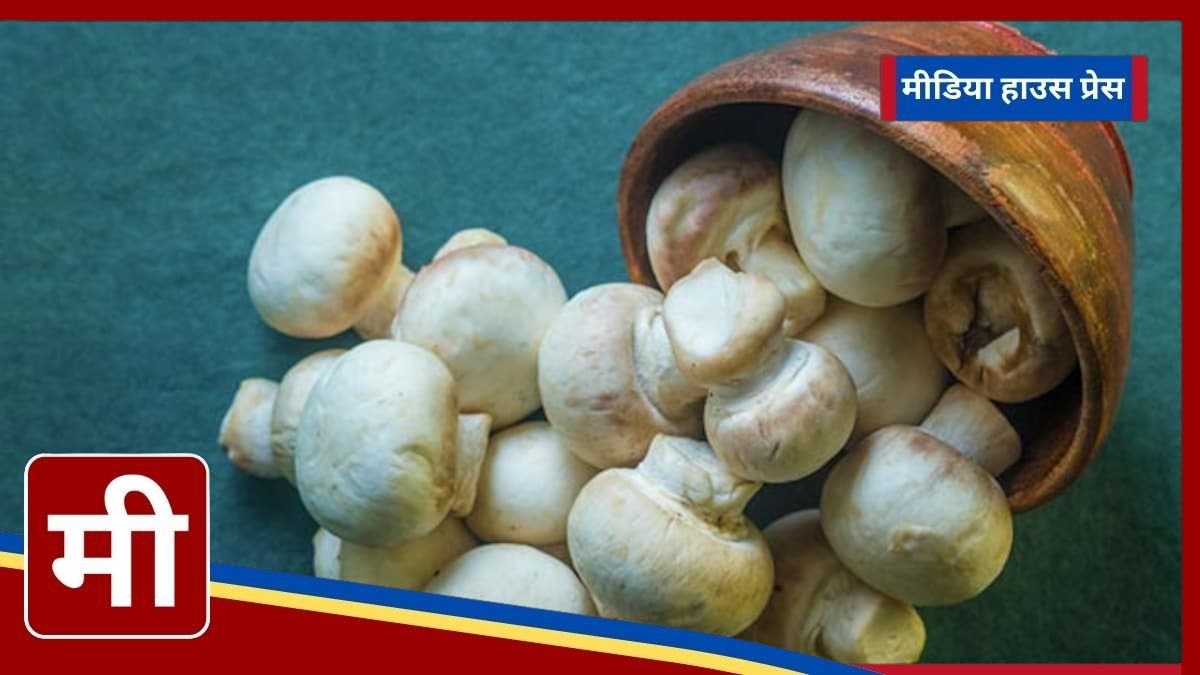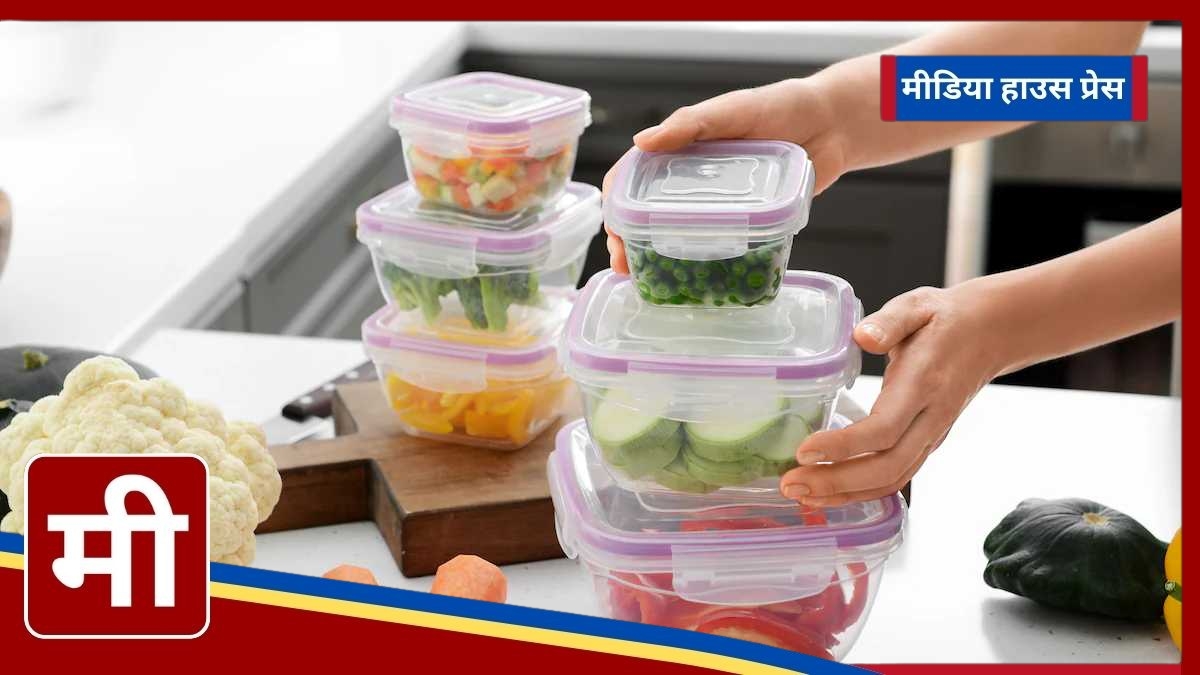1. Vitamin B12
Vitamin B12 is a water-soluble vitamin that plays a vital role in nerve function and the production of red blood cells. A deficiency in this nutrient can lead to fatigue and weakness. Since vitamin B12 is predominantly found in animal products, vegans should seek out fortified plant-based milks and nutritional yeast. Additionally, considering B12 supplements is highly recommended for those following a vegan diet.
2. Iron
Iron is essential for transporting oxygen in the blood. While heme iron from animal sources is more readily absorbed by the body, vegans can still obtain iron from non-heme sources. Foods such as lentils, chickpeas, and quinoa are excellent plant-based options for iron intake. Pairing these foods with vitamin C-rich items can enhance absorption.
3. Omega-3 Fatty Acids
Omega-3 fatty acids are polyunsaturated fats that the body cannot produce on its own, making it necessary to obtain them through diet or supplements. These essential fats are crucial for heart health and brain function. Since vegan diets exclude animal products, sources such as flaxseeds, chia seeds, walnuts, and algae-based supplements can provide the needed omega-3 fatty acids.
4. Calcium
Calcium is vital for maintaining strong bones and teeth. While dairy products like milk, cheese, and yogurt are common sources of calcium, vegans can incorporate sesame seeds, chia seeds, nuts, tofu, millet, and leafy greens into their diet to meet their calcium needs.
5. Vitamin D
Vitamin D, often acquired from sunlight exposure, is crucial for bone health. Many individuals, whether vegan or not, struggle to obtain sufficient vitamin D from sunlight alone. Traditional sources of vitamin D are primarily animal-based. Vegans can look for fortified foods or consider taking vitamin D supplements to ensure adequate intake.
Transitioning to a vegan diet can offer numerous health benefits, but it’s essential to remain mindful of these potential nutrient deficiencies. By consciously including a variety of plant-based foods and supplements, you can maintain a balanced diet while embracing a vegan lifestyle.
What’s your favorite vegan dish? Share your thoughts in the comments below!




